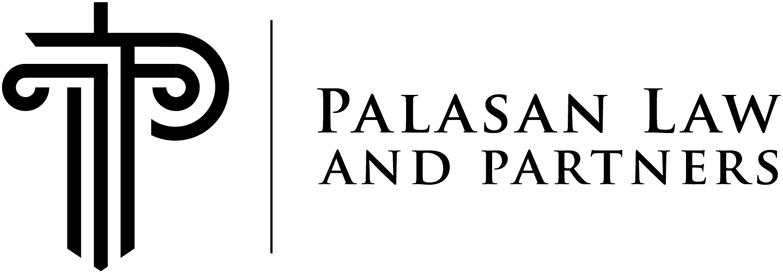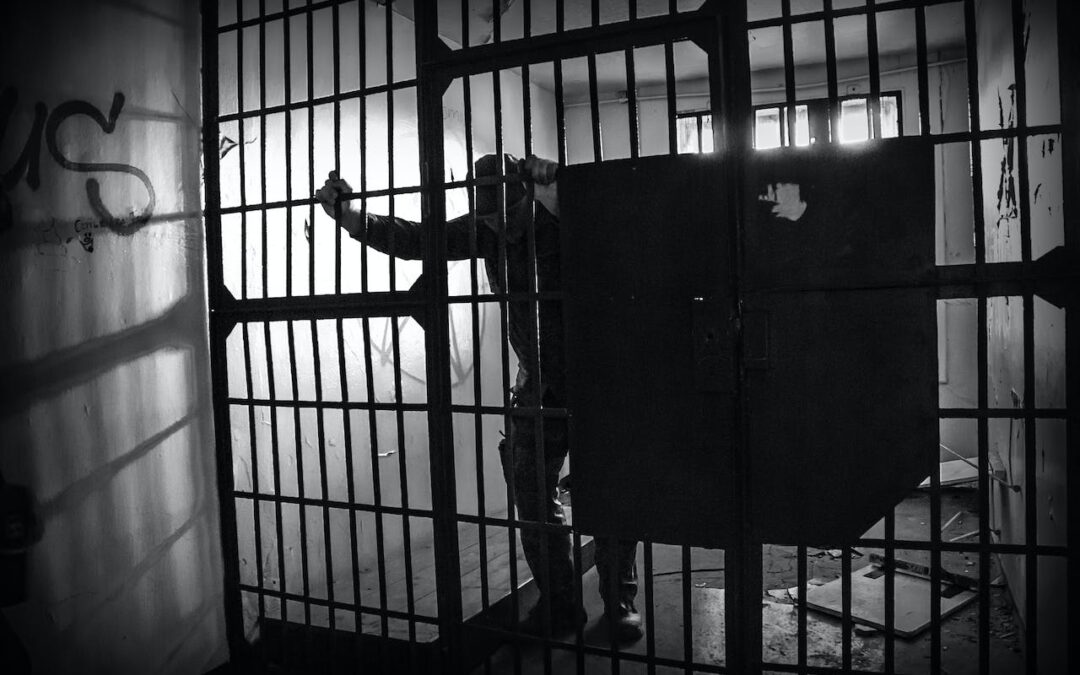The Supreme Court has issued the set of procedural rules that shall govern all petitions and applications concerning The Anti-Terrorism Act of 2020 (ATA) and other related laws.
The Rules on the Anti-Terrorism Act of 2020 and Related Laws (A.M. No. 22-02-19-SC), published yesterday in two newspapers of national circulation, will take effect on January 15, 2024. The Rules shall apply to petitions and applications regarding detentions without judicial warrants of arrest, surveillance orders, freeze orders, restrictions on travel, designations, proscriptions, and other court issuances promulgated to implement the ATA and other related laws.
The Rules lays down the procedure to be followed by an individual, organization, association, or group of persons who seek to obtain judicial relief from their designation as terrorist by the Anti-Terrorism Council (ATC) and the issuance of any freeze order by the Anti-Money Laundering Council (AMLC) as a result of such designation.
The Rules also provides for the issuance of an Order of Proscription by the Court of Appeals (CA), upon a verified petition by the Department of Justice Secretary, declaring as outlawed terrorist any group of persons, organization, or association that commits any of the acts defined and penalized under Sections 4 to 12 of the ATA, or that is organized to engage in terrorism.
The CA may, within 72 hours from the filing of such verified petition, issue ex parte a Preliminary Order of Proscription upon the petitioner’s showing of probable cause that such is necessary to prevent the commission of terrorism. Such issuance empowers the AMLC to investigate, inquire, and examine the bank deposits of the respondent/s and freeze their assets and properties in accordance with the provisions of the ATA. The CA shall then conduct continuous summary hearings and decide the petition within three (3) months, counted from the time it is submitted for resolution. Upon the petitioner’s establishment of clear and convincing evidence, the CA shall issue a Permanent Order of Proscription, which shall be effective for a period of three years from the date of its publication.
The Rules mandates a law enforcement agent or military personnel to secure a prior written surveillance order from the CA to be able to secretly wiretap, overhear and listen to, intercept, screen, read, surveil, record, or collect with the use of any electronic, mechanical, or other equipment or device or technology, or any other suitable ways and means, any private communications, conversation, or messages in whatever form, kind, or nature between members of a judicially-proscribed terrorist organization, as provided in the ATA; between members of a designated person as defined in Section 3(e) of Republic Act No. 10168, or “The Terrorism Financing Prevention and Suppression Act of 2012;” and any person charged with, or suspected of, committing any of the crimes defined and penalized under the ATA. The Rules likewise sets the grounds for the issuance of a surveillance order as well as its content and effectivity.
Under the Rules, the ATC may, in its application for a surveillance order, pray for the issuance of a data preservation order to compel any service provider to preserve all existing data pertaining to subscriber information, traffic data, and communication content data of any person or entity subject of the surveillance.
The Rules provides that, within the context of Rule 113, Section 5 of the Rules of Court, a person suspected of committing any of the acts defined and penalized under Sections 4 to 12 of the ATA, and any member of a group, organization, or association proscribed under Section 26 of the said law, can be arrested and detained by any law enforcement agent or military personnel without a judicial warrant of arrest. However, this detention cannot exceed the period provided under Article 125 of the Revised Penal Code unless authorized in writing by the ATC for a period of up to fourteen (14) calendar days and, thereafter, by a designated Regional Trial Court for a period of not more than ten (10) calendar days. Those arrested shall be informed of their constitutional rights and custodial rights under Section 30 of the ATA. The use of torture and other cruel, inhumane, and degrading treatment or punishment during investigation or interrogation is prohibited.
The Rules further sets the procedure to be followed by an investigating prosecutor in applying for a precautionary hold departure order against a person who has been suspected of committing any violation of Sections 4 to 12 of the ATA. To prevent the suspected person from leaving the country, the investigating prosecutor may file a verified application with any designated Regional Trial Court within whose territorial jurisdiction the alleged crime was committed. The Rules also provides for the remedy of the suspected person who seeks to lift the precautionary hold departure order on good grounds.
The Rules likewise establishes the procedure for dealing with and handling classified evidence involving national security and state secrets.
The Rules states that in cases where those belonging to the most vulnerable groups composed of the elderly, pregnant, persons with disability, women, and children are unable to safeguard their interests, the court shall appoint a guardian ad litem to protect their rights.
The Rules expressly provides that it shall not diminish the substantive rights of the parties provided under all existing laws and international treaties, conventions, and agreements. The parties can likewise avail of other existing remedies, such as the writs of habeas corpus, amparo, and habeas data, and appeals to the Supreme Court when appropriate.
Any violation of any provision of the Rules or any duly-issued court order shall be a ground for contempt under Rule 71 of the Rules of Court. (Courtesy of the Supreme Court Public Information Office)
READ THE FULL TEXT of A.M. No. 22-02-19-SC, Rules on the Anti-Terrorism Act of 2020 and Related Laws, at: https://sc.judiciary.gov.ph/rules-on-the-anti-terrorism-act-of-2020-and-related-laws/

